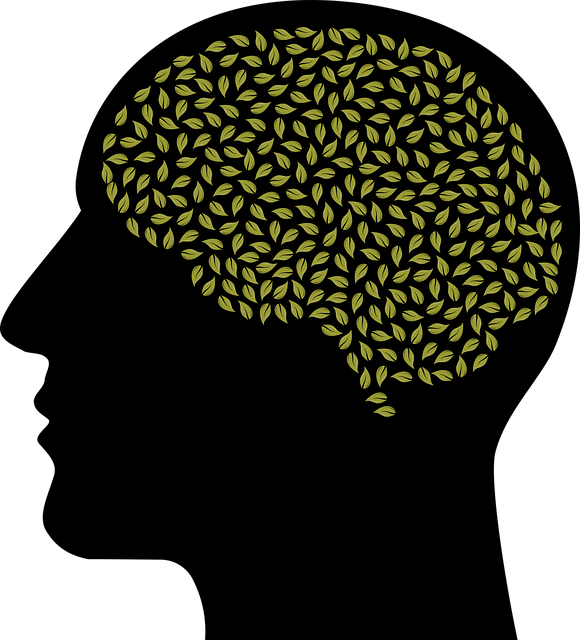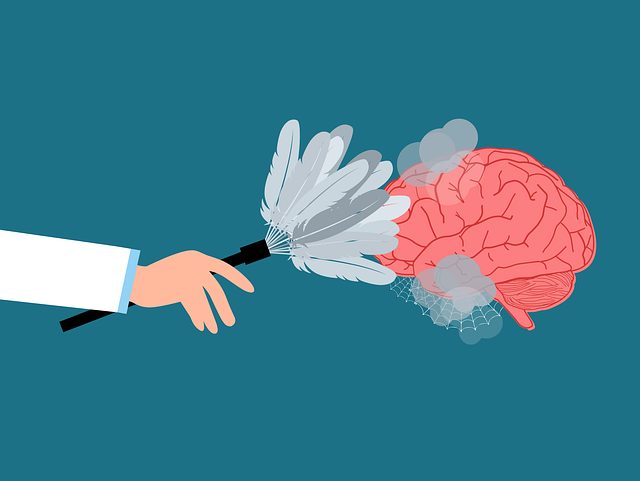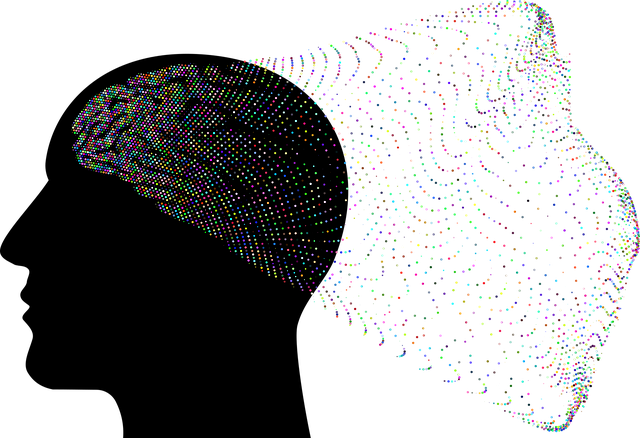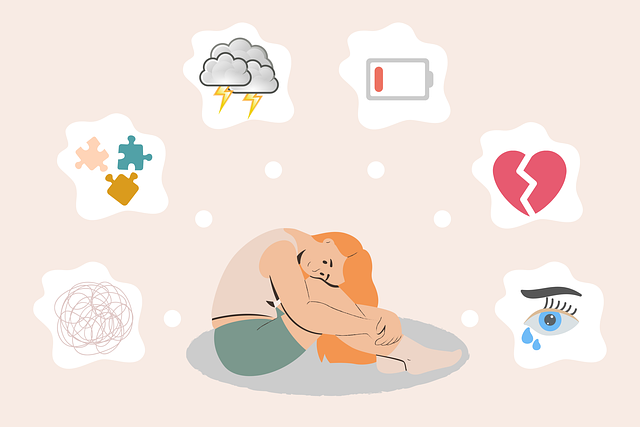Adopted children from diverse international backgrounds often face unique mental health challenges requiring specialized Therapy for International Adoptions. Mental health professionals must diagnose and address cultural differences, past traumas, and co-occurring disorders to support these individuals and their families. A nuanced approach involving community outreach programs, risk management planning, and tailored therapy is crucial. Beyond traditional therapy, well-designed mental health education programs and emotional intelligence workshops strengthen family relationships, creating a supportive environment for healing and growth. Accessible resources like podcast series provide practical advice and inspiring stories to guide families navigating these challenges.
Mental illness diagnosis and treatment navigation assistance is crucial for adopted children, especially those from international adoptions. This comprehensive guide explores understanding mental health diagnoses specific to adopted kids, navigating diverse treatment options like therapy and support services, and addressing cultural considerations unique to global adoptions post-diagnosis. By delving into these aspects, parents and caregivers can ensure effective care and enhance the well-being of their children, emphasizing the importance of tailored therapy for international adoption experiences.
- Understanding Mental Health Diagnoses for Adopted Children
- Navigating Treatment Options: Therapy and Support Services
- Cultural Considerations in International Adoption Post-Diagnosis
Understanding Mental Health Diagnoses for Adopted Children

Many adopted children, especially those from international adoptions, face unique challenges that can impact their mental health and behavioral development. Understanding and accurately diagnosing these issues is crucial for effective therapy. Mental health professionals play a vital role in navigating this complex landscape, as adopting parents often require crisis intervention guidance to support their child’s emotional well-being. This process involves assessing cultural differences, past traumas, and any co-occurring disorders, which are common among adopted children.
Therapy for international adoptions requires a nuanced approach, considering the diverse backgrounds and experiences of these children. Community outreach program implementation can foster support networks and educate both families and professionals about the specific needs of adopted kids. Additionally, risk management planning is essential to ensure safe and effective treatment practices, especially when dealing with sensitive cases involving potential attachment issues or adjustment disorders.
Navigating Treatment Options: Therapy and Support Services

Navigating treatment options is a crucial step for anyone dealing with mental illness. For individuals who have experienced international adoptions, this process can be particularly complex. Therapy for International Adoptions specifically tailored to address cultural and trauma-related issues is essential. Mental health professionals skilled in these areas can offer support services that cater to the unique needs of adoptive families, fostering emotional intelligence and promoting mental wellness.
Beyond traditional therapy, well-designed Mental Health Education Programs can equip parents and caregivers with valuable knowledge and skills to enhance their ability to navigate this journey. Additionally, engaging in Emotional Intelligence development through workshops or podcasts can strengthen relationships within the family unit, creating a supportive environment for healing and growth. The production of mental wellness podcast series can also serve as an accessible resource, providing practical advice and inspiring stories that resonate with families navigating these challenges.
Cultural Considerations in International Adoption Post-Diagnosis

When navigating therapy for international adoptions post-diagnosis, cultural considerations are paramount. Each country has its unique social norms and beliefs surrounding mental health, which can significantly impact how families approach and accept a diagnosis. For instance, while some cultures view mental illness openly and encourage discussions around it, others carry strong stigma, potentially hindering parents’ willingness to seek support for their adopted children. Understanding these cultural nuances is crucial in providing adequate care, as therapists must adapt their approaches to respect local contexts without reinforcing negative stereotypes or barriers to treatment.
Integrating mental illness stigma reduction efforts alongside stress reduction methods and emotional well-being promotion techniques can foster a more inclusive environment. This might involve educating families about the nature of mental health challenges in different cultures, encouraging open dialogue, and providing safe spaces for sharing experiences. By doing so, therapists enable parents to better support their adopted children, ensuring they receive the therapy they need while bridging cultural gaps and promoting understanding.
Mental illness diagnosis and treatment navigation assistance are vital components of supporting adopted children, especially in international adoptions. By understanding specific mental health diagnoses, exploring tailored therapy options, and considering cultural nuances, parents and guardians can enhance the well-being of these children. Access to comprehensive resources, such as specialized therapy for international adoptions, ensures that each child receives the individualized support they need to thrive. This holistic approach fosters a nurturing environment, promoting both emotional resilience and long-term success.












